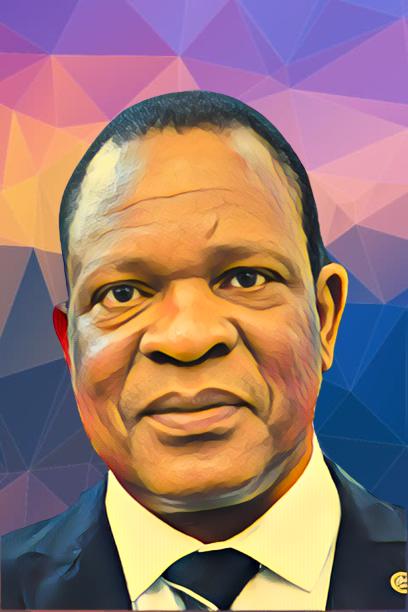The Zimbabwean government has clarified its role in cotton price negotiations, stating its position as an observer rather than a direct participant. Minister of Lands, Agriculture, Fisheries, Water, and Rural Development, Anxious Masuka, during a parliamentary session, stated that the government’s role is to ensure that terms agreed upon between cotton growers and contractors are adhered to. However, the government will set prices only for the farmers to whom it provides inputs.
Addressing concerns about the potential exploitation of farmers by contractors, Masuka affirmed that cotton growers have the freedom to enter into agreements with funders of their choice. While the government does not dictate prices or payment conditions, it does monitor costs associated with cotton production in specific areas, such as Pfumvudza plots. Farmers are free to negotiate contracts with private players without government intervention.
This year, eight contractors have engaged in agreements with cotton farmers, according to Masuka. These contractors, operating in rural areas, are expected to boost the country’s cotton production significantly. The minister emphasized the importance of these interactions for enhancing cotton growth throughout the nation.
Regarding the pricing and payment of farmers whose inputs are funded by the government, Masuka mentioned that a system has been developed to benefit both parties. The government is keen on ensuring fair returns for farmers’ efforts. Last year, a grid-differentiated pricing system sensitive to farmers’ hard work was introduced, starting at 40 cents a kilogram, which is competitive with prices in other regional jurisdictions.


